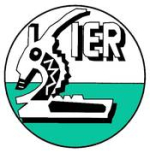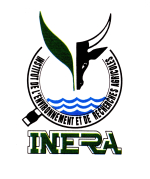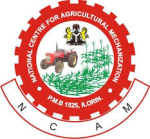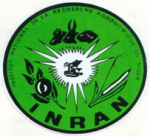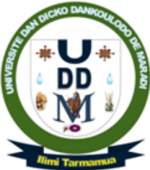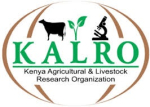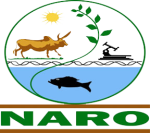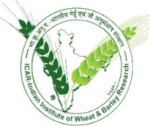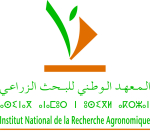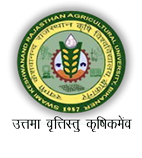CRP on Dryland Cereals - DC
Leader Girish Chander, International Crops Research Institute for the Semi-Arid Tropics - ICRISAT
Budget 2024
USD : 0
Clusters: 6
Description
Lack of good soil-management practices or mismanagement threatens soil health and environmental sustainability, as evidenced by declining soil-carbon reserves and multi-nutrient deficiencies in dryland regions. Therefore, building the
resilience of dryland-cereals production systems depends largely on soil health and watermanagement
practices. This flagship focuses on interventions of crop-soil-water management at the
watershed-catchment level to enhance the productivity (IDO1), and adaptability to environmental
variability (IDO5), of dryland cereals. Extensive soil mapping and balanced fertilizer
recommendations through micro-dosing will be important focus areas for soil management, along
with waste recycling and biomass generation, where possible, for the reduced use of chemical
fertilizers and the development of sustainable systems. On the water-management front, drylandcereals
production will be linked with in-situ and ex-situ water-management options including
micro-irrigation through synergistic efforts with Dryland Systems. The success of the Bhoochetana
initiative for improving crop productivity and livelihoods in Karnataka, India, provides a model that can
potentially be tailored and out-scaled to other parts of Asia and Africa for enhanced productivity and
environmental sustainability. Crop-management practices including seed treatment, integrated
insect and disease management and other required agronomic practices will be promoted for higher
productivity of dryland cereals. Mechanization of farm operations for reduced production costs and
enhanced efficiency will be addressed for sustainable intensification of dryland cereals production.
Finally, climate-information services will be utilized to enable farmers to take ameliorative measures
against climate aberrations to minimize production losses and optimize resource utilization. This
Flagship will plan joint research with Flagship 2 to ensure that varieties and hybrids integrate the
newly proposed management practices.
Key Documents
Atlas
Clusters
Projects
| Acronym | Project Title | Year | Section | Leader | Center | Budget | Start Date | End Date | View |
|---|
Personnel Involved
Partners
















